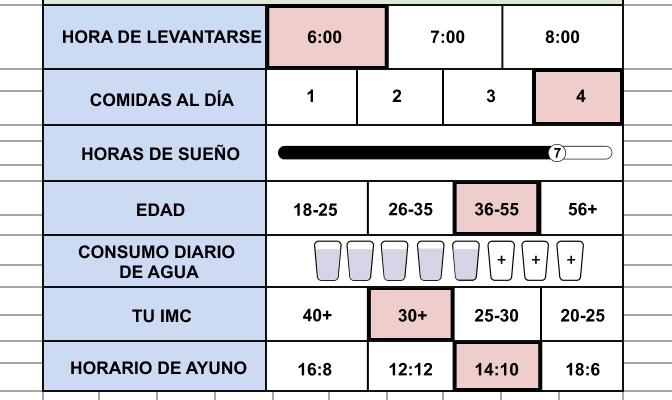Psychologists Warn: Never Use These 7 Phrases When Talking to Your Children
Parenting plays a vital role in shaping a child’s emotional and mental well-being, particularly during their formative years. Children often see their parents as their primary source of safety, love, and guidance. As such, the language used by parents can have a profound impact on a child’s self-esteem and development. Below are seven phrases that psychologists advise against using when speaking to children:
- “Stop crying” Telling a child to “stop crying” invalidates their emotions. Instead of suppressing their feelings, children should be encouraged to express themselves. If a child is upset, allowing them to cry and helping them understand why they feel the way they do is a healthier approach. This teaches them emotional resilience without shame.
- “You disappointed me!” When parents express disappointment, it can create a sense of shame in a child, leading them to feel like a failure. Rather than labeling a child’s behavior as disappointing, focus on constructive feedback. Explain what went wrong and encourage them to learn from their mistakes. This helps preserve their self-worth.
- “You’re not good enough” Telling a child they are “not good enough” can severely damage their self-esteem and make them feel inadequate. It’s important to foster a growth mindset by emphasizing that everyone has room for improvement and can always work on bettering themselves. Building confidence through encouragement and support will last far longer.
- “Big boys/girls don’t get scared” Fear is a natural human emotion, and children should be allowed to feel and acknowledge it. Telling them not to be scared doesn’t help them overcome their fears—it dismisses them. A more supportive response would be to acknowledge their fear and reassure them that it’s okay to feel afraid sometimes.
- “You are a bad boy/girl” Labeling a child as “bad” can lead to feelings of guilt and confusion. Instead, focus on their behavior, not their identity. For example, “What you did was not okay,” is more constructive than calling them inherently bad. Everyone makes mistakes, and children need to know their actions can be corrected without feeling like they are flawed at their core.
- “I do everything for you” While it’s natural to care for and provide for your children, constantly emphasizing how much you do for them can create an unhealthy sense of dependency. Children should learn responsibility and gratitude, but parents should avoid making them feel guilty for needing support. A better approach is to model healthy behaviors and gently encourage them to take on tasks themselves.
- “You’re fat/dark/ugly” Comments about a child’s physical appearance, especially negative ones, can lead to body image issues and a lack of self-confidence. Body shaming can be damaging, and children are already highly sensitive to how they are perceived by peers. Instead, promote healthy habits like eating well and exercising, and celebrate qualities that reflect their unique beauty inside and out.
Ultimately, parents must choose their words carefully as children internalize what is said to them. Building their confidence, offering support, and encouraging positive self-expression can have a lasting impact. Positive reinforcement and understanding can create an environment where children feel safe, loved, and valued.



